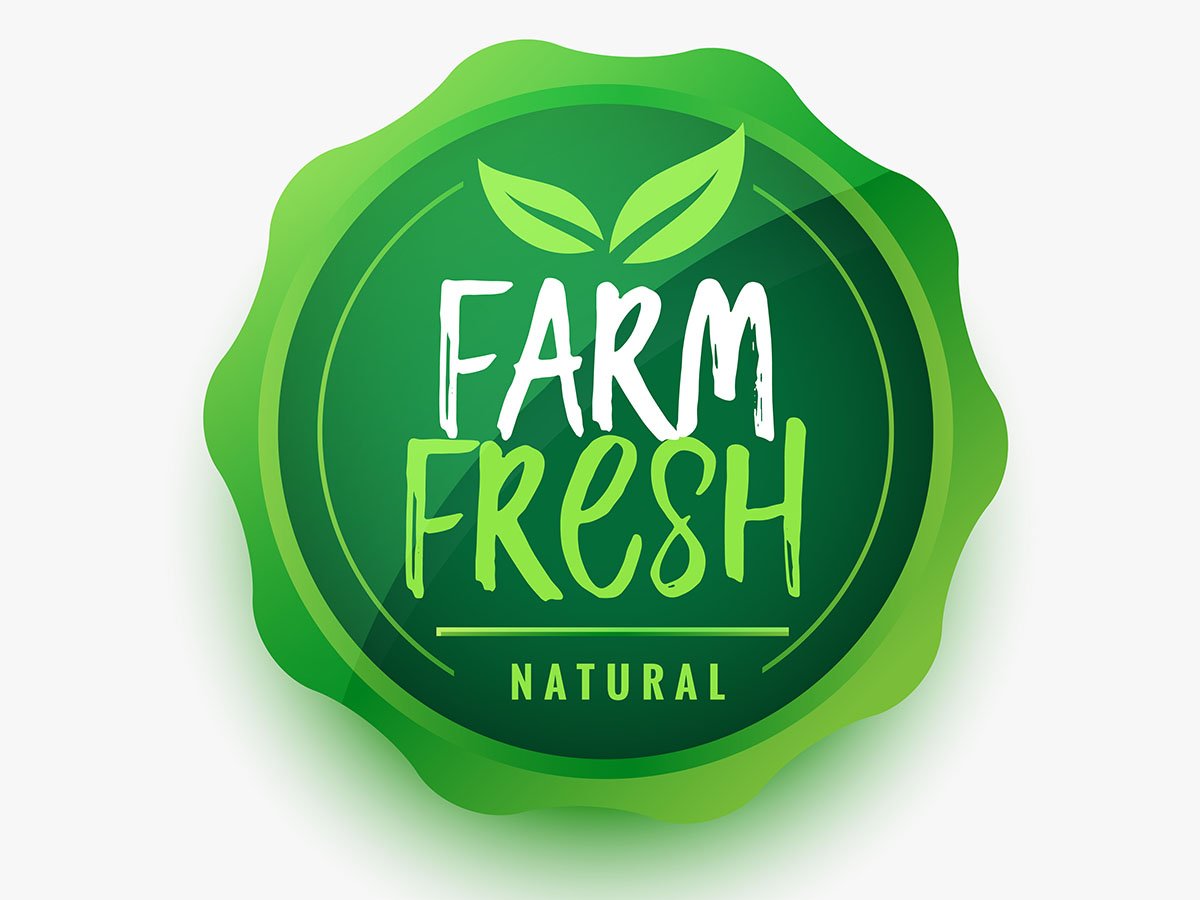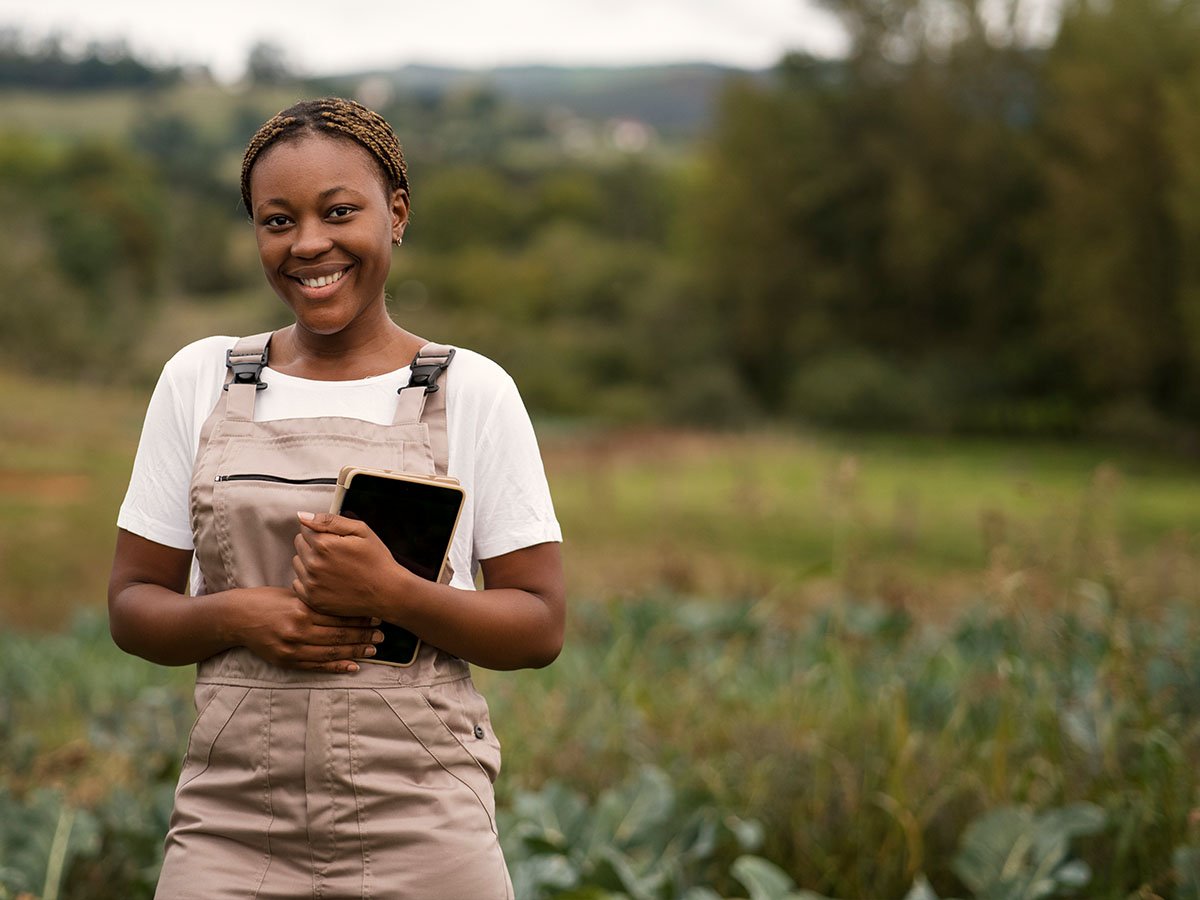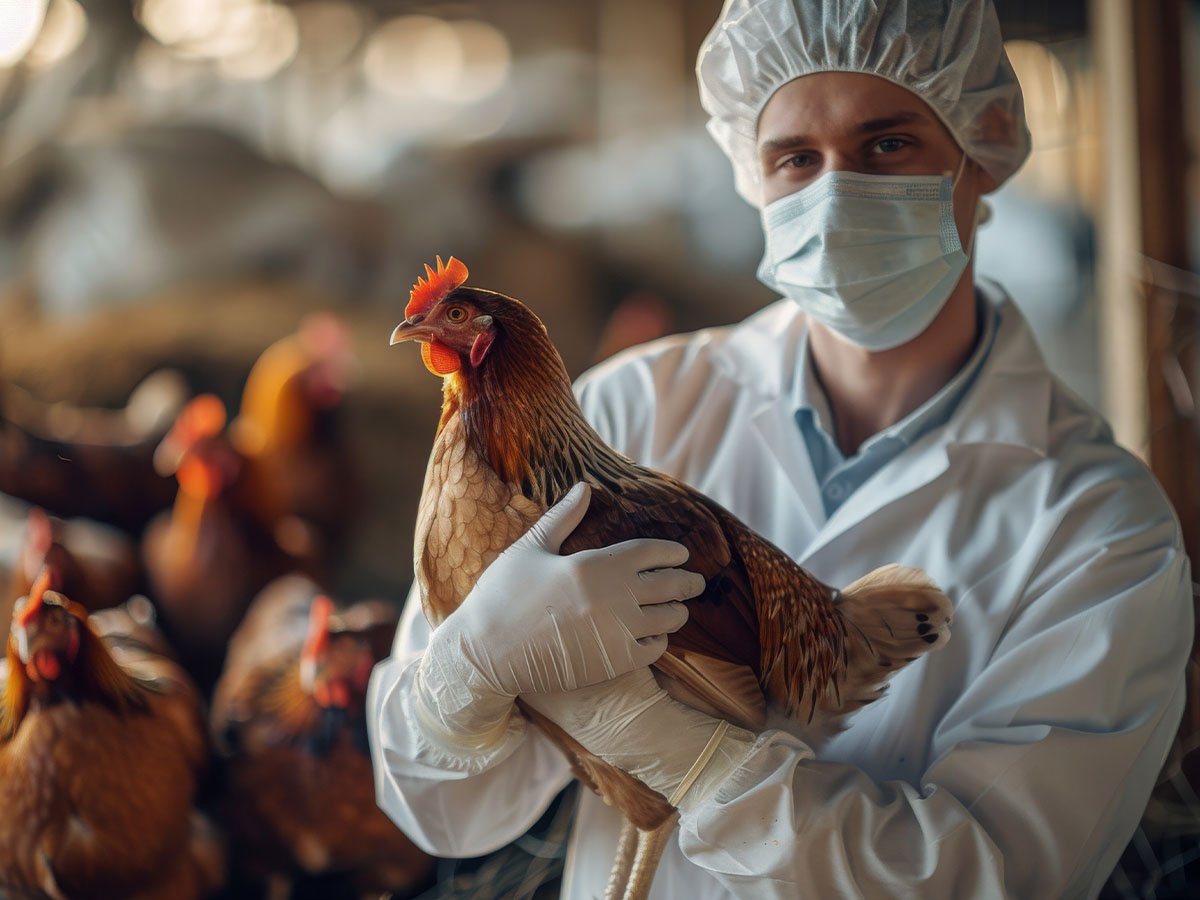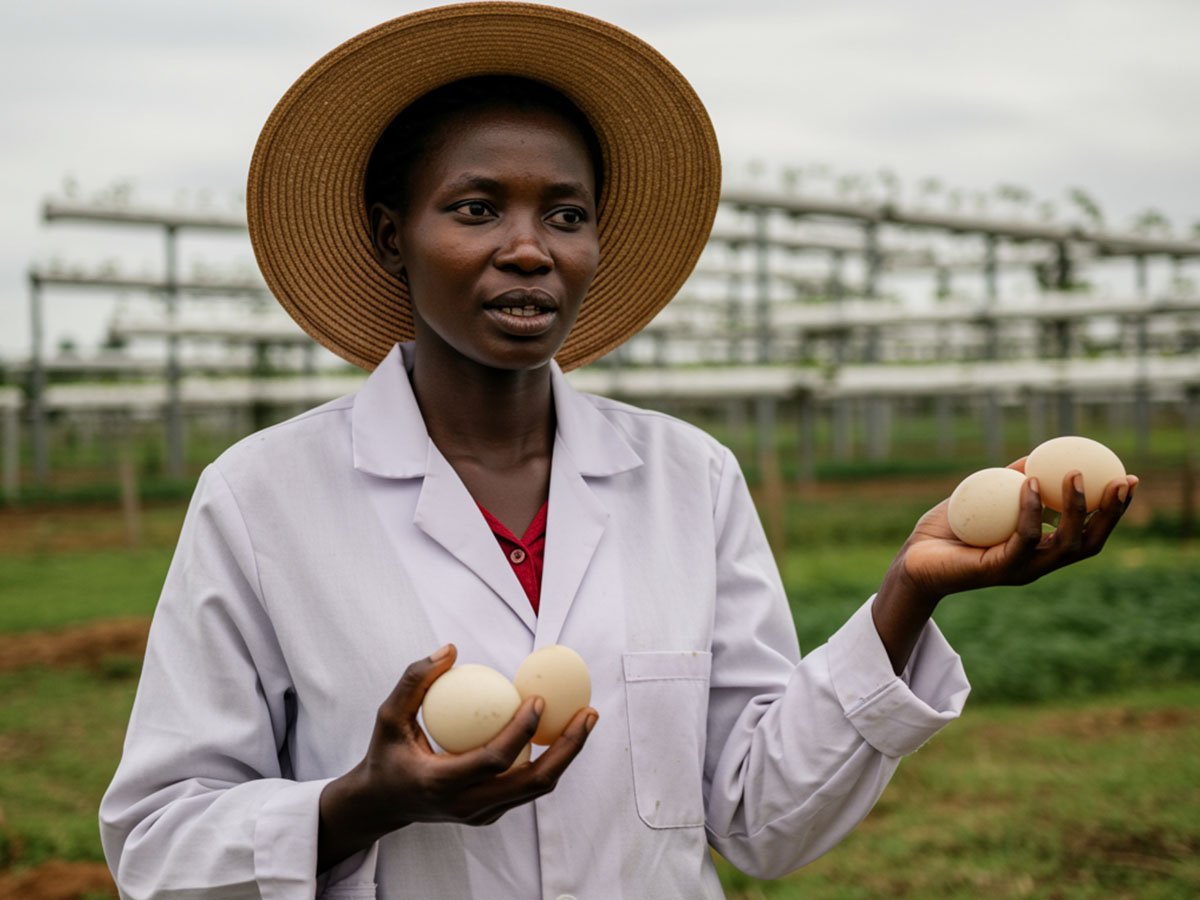Freshness isn’t just a quality, it’s a promise. Consumers, restaurants, and hotels increasingly demand meat and eggs that are not only flavorful but also retain their nutritional value for longer. At Soba Renaissance, this promise is built on science-backed animal husbandry, precise feed formulation, and a rigorous farm-to-fork approach, ensuring products stay fresher, longer.
Understanding Freshness in Animal Products
Freshness goes beyond just being recently processed. For meat and eggs, true freshness reflects optimal texture, flavor, nutrient retention, and safe microbial quality. Factors such as animal health, feed quality, handling practices, and storage conditions all play a critical role in maintaining freshness and shelf life.
How Soba Renaissance Ensures Longer-Lasting Freshness
1. High-Quality Feed Production
Our animals are fed on nutritionally optimized, home-manufactured feed designed to promote health, growth, and resilience. Healthy animals produce higher-quality eggs and meat, which naturally have better shelf life and superior taste.
2. Rigorous Animal Care Practices
Animal welfare is at the heart of Soba Renaissance. Proper housing, veterinary care, and stress-free handling ensure strong, healthy animals, which directly contributes to longer-lasting, premium-quality produce.
3. Farm-to-Fork Efficiency
We minimize the time between processing and delivery. Our direct supply model ensures eggs and meat reach households, restaurants, and hotels as fresh as possible, reducing spoilage and maintaining peak flavor.
4. Controlled Storage & Transport
Temperature and hygiene control during storage and transport is key. At Soba Renaissance, refrigeration and careful handling ensure that all products retain optimal freshness, texture, and nutrient content until they reach your plate.
5. Ethical and Traceable Processes
Every step, from feed formulation to animal care and processing, is monitored and transparent. This traceability guarantees that customers receive products that are safe, high-quality, and long-lasting.
The Role of Science in Every Step
Soba Renaissance integrates animal nutrition science, veterinary care, and post-processing monitoring to deliver products that stay fresh longer. By carefully balancing feed ingredients, monitoring animal health, and optimizing handling practices, we ensure eggs and meat are nutrient-rich, safe, and flavorful.
Why Freshness Matters for Consumers and Businesses
Longer-lasting eggs and meat offer significant advantages:
-
Consumers enjoy high-quality, safe, and nutrient-rich products.
-
Restaurants and Hotels reduce spoilage, save costs, and consistently serve premium meals.
-
The Environment benefits from reduced food waste and more efficient resource use.
Soba Renaissance’s commitment to freshness ensures that every product represents quality, sustainability, and ethical responsibility.
Choose Soba Renaissance: Freshness You Can Trust
When you choose Soba Renaissance, you’re choosing science-backed freshness, ethical animal care, and responsible farm-to-fork practices. Our home-manufactured feed, meticulous animal husbandry, and controlled delivery systems mean every egg and cut of meat you receive is fresh, nutritious, and longer-lasting.
Enjoy the difference of produce that truly stays fresh because with Soba Renaissance, freshness isn’t just a promise; it’s science in action.






